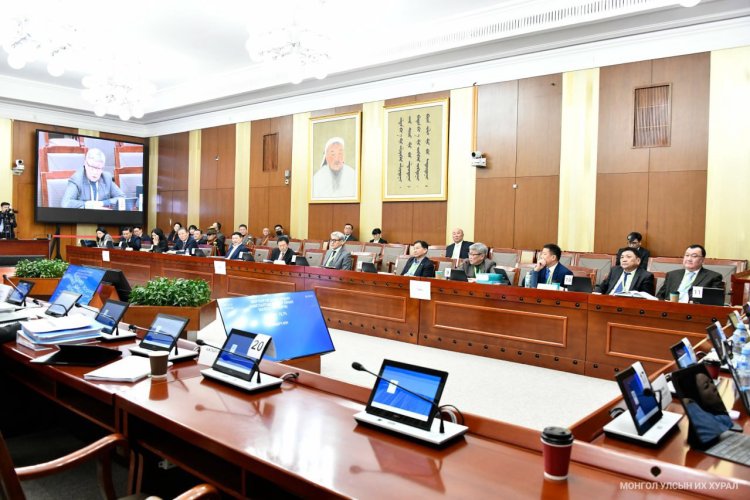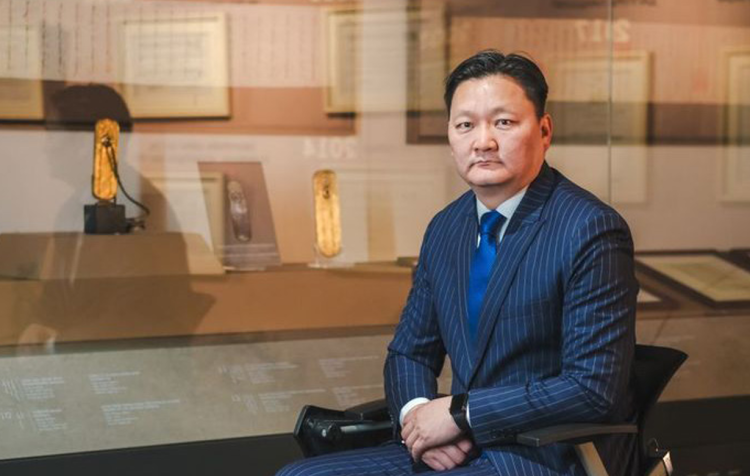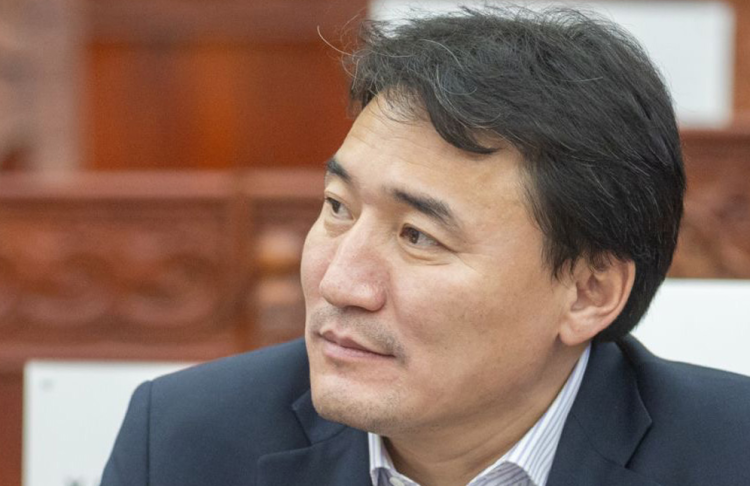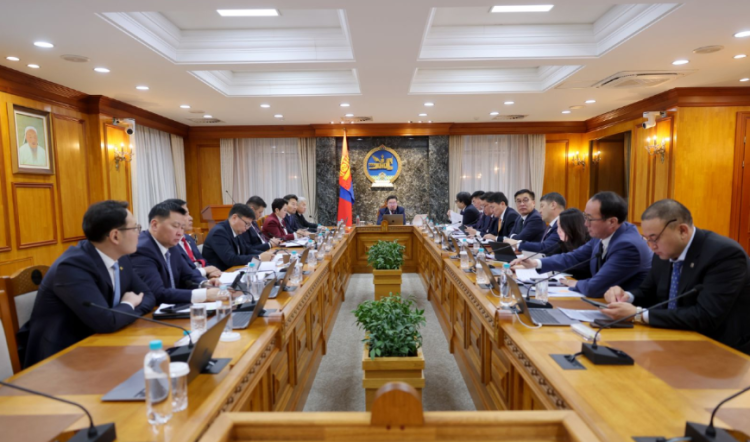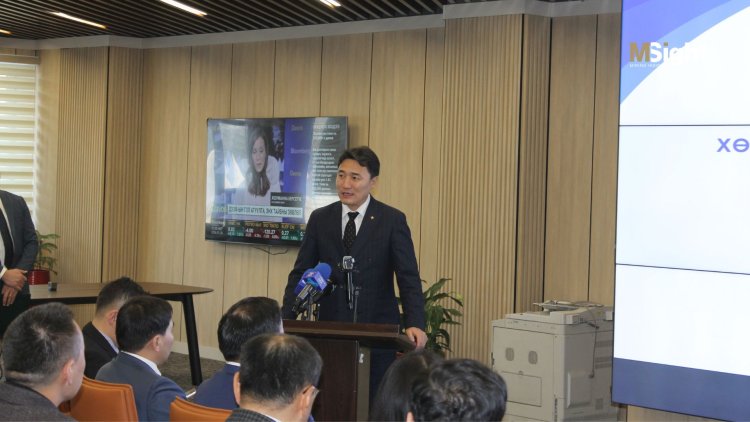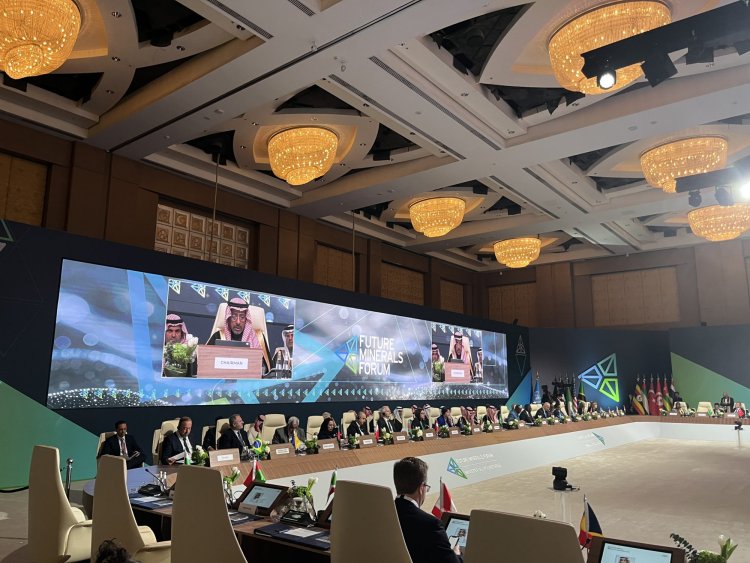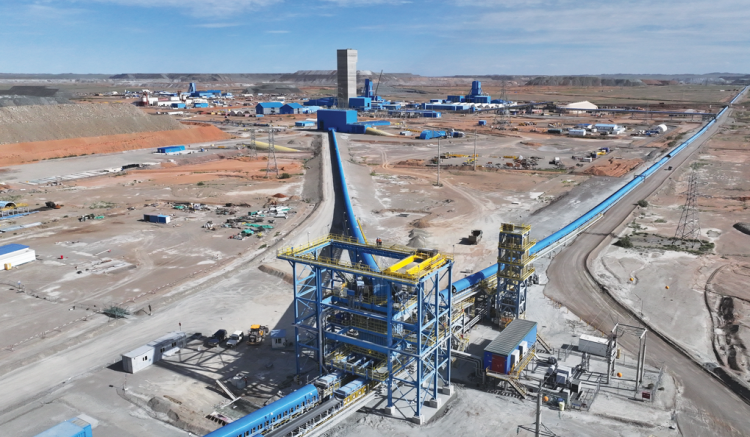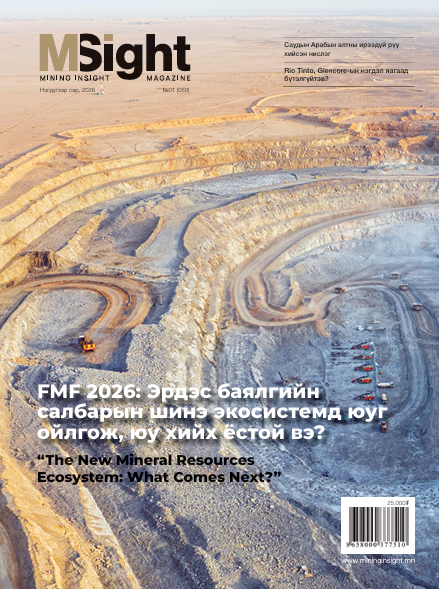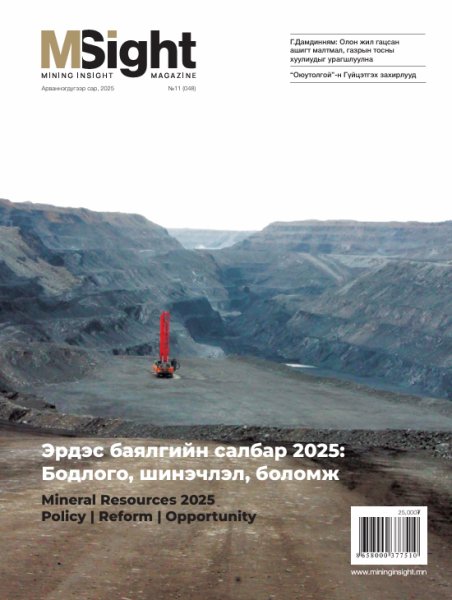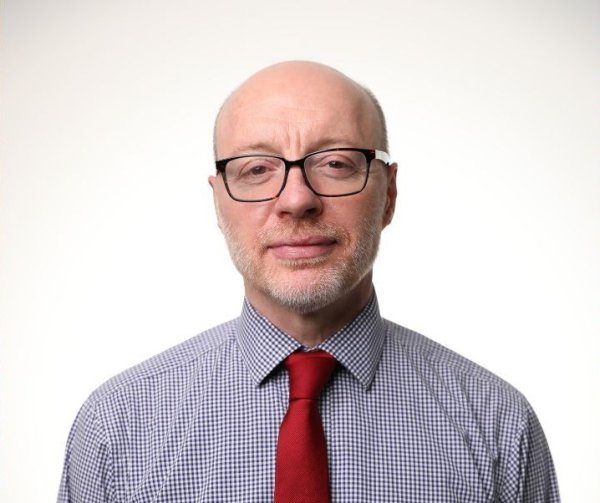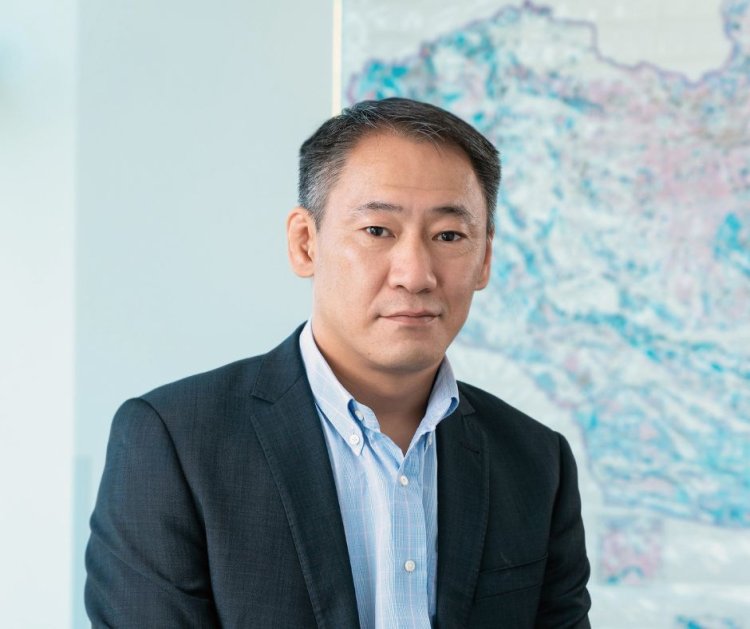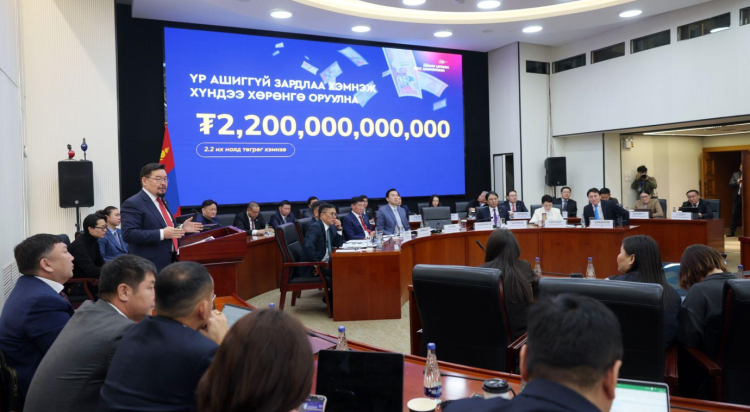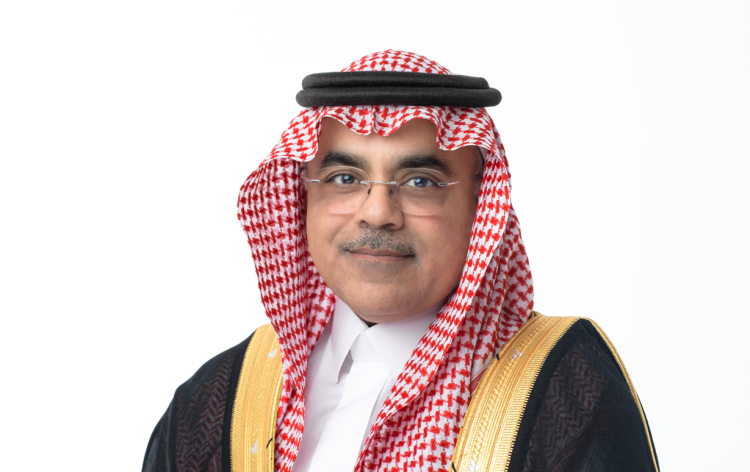 The United Nations Industrial Development Organization (UNIDO) 21st General Conference, which is held every two years, will be hosted for the first time in Riyadh, Saudi Arabia. In advance of the conference, we present a statement from Saudi Arabia’s Vice Minister of Industry and Mineral Resources for Industrial Affairs, Eng. Khalil bin Salamah.
The United Nations Industrial Development Organization (UNIDO) 21st General Conference, which is held every two years, will be hosted for the first time in Riyadh, Saudi Arabia. In advance of the conference, we present a statement from Saudi Arabia’s Vice Minister of Industry and Mineral Resources for Industrial Affairs, Eng. Khalil bin Salamah.
The UNIDO General Conference meets in Riyadh at a critical time for global industry. This is the dawn of a new industrial age, defined not by solitary national output, but by what we build together through collaboration, innovation, and shared ambition. This moment calls for a fundamental rethinking of old models. The complex challenges of our time cannot be solved by any single nation acting alone. The gathering in Riyadh signifies a powerful collective choice: to prioritize open dialogue, combine our strengths, and pool our resources. Our shared future depends on this ability to move beyond borders and outdated rivalries.
Saudi Arabia’s own transformation under Vision 2030 provides an exciting and timely case study for this global shift. We have moved with purpose to diversify our economy, embed advanced technology, and unlock the potential of our entire society. This has taught us that true industrial progress does not happen in isolation. It is a collaborative mission that, when pursued with inclusion and innovation propels a nation forward and strengthens global economic resilience. It is this hard-won insight that we are proud to contribute to the GC21 dialogue.
Investment and Partnerships: Building Bridges for Sustainable Growth
The scale and complexity of today's global challenges, from climate driven supply chain disruptions to widening economic disparities, demand more than isolated action. They require intelligent partnerships and innovative financing models that can secure industrial growth and build long term resilience. Blended finance, for instance, has emerged as a powerful mechanism to unlock capital for projects that might otherwise be considered too risky or ambitious to pursue. Consider the transformative potential of clean hydrogen or the application of artificial intelligence to boost agricultural and industrial output. These are not niche opportunities, they are foundational pathways to progress, especially for emerging economies.
In East and Central Asia, countries such as Kazakhstan, Uzbekistan, and Kyrgyzstan have made important strides by strengthening cross-border infrastructure, advancing digital connectivity, and building investment-friendly environments. However, the potential for growth remains vast. We can construct industrial ecosystems that are both sustainable and scalable by uniting international capital with local expertise. We must also support micro, small, and medium enterprises across Eurasia to foster stronger regional trade corridors. Saudi Arabia is committed to this collaborative approach. Through platforms like the Future Minerals Forum and strategic partnerships across Central Asia, East Asia, and the broader Eurasian region, we are working to develop resource corridors, strengthen mineral value chains, and foster knowledge exchange. The goal is not to compete, but to complement and build bridges that enable shared and sustainable prosperity.
Women’s Empowerment: Unlocking Potential, Driving Innovation
An economy cannot thrive while excluding half its talent. Gender-responsive industrial policy is a strategic economic necessity. The evidence is overwhelming: closing gender gaps in the workforce directly increases productivity, accelerates innovation, and strengthens national competitiveness. Around the world, we have seen important steps in this direction. Across Eurasia, several countries have advanced gender-inclusion frameworks in sectors such as energy, technology, and manufacturing, aiming to expand women’s participation in traditionally male-dominated industries. This is a welcome start, but there is room to go further, to ensure women are not only present but empowered, leading and shaping the industries of the future.
In Saudi Arabia, we have undertaken wide-ranging reforms to enhance women’s economic participation, from expanding workforce opportunities to supporting female entrepreneurship. The results have been tangible: the share of women in the industrial workforce has grown remarkably in recent years, bringing fresh perspectives and driving innovation across sectors. UNIDO has been a vital partner in this journey, helping to align our efforts with international best practices. We believe that when women thrive, industries thrive. It is a lesson we have learned through our own transformation, and one we are eager to share and scale through global cooperation.
Youth: Shaping the Future, Today
With a large and rapidly growing youth population across Central and East Asia, the region holds extraordinary potential for innovation-driven growth.
However, youth unemployment threatens this potential and demands immediate, creative solutions. To build stable, prosperous societies worldwide, we must create meaningful economic pathways for young people by empowering them not only as job seekers, but as innovators, entrepreneurs, and policy leaders. Saudi Arabia's Vision 2030 establishes youth as the fundamental drivers of our national transformation. We are systematically building the capabilities of our next generation through skills development, entrepreneurial support, and digital literacy. The accelerating pace of AI and automation reinforces the critical nature of this investment and unlocks unprecedented opportunities for youth-led innovation across sectors including renewable energy, digital services, and creative industries.
Channeling strategic investment into youth development builds the most critical asset any nation can possess: a resilient, forward-looking economy. When we actively nurture their ingenuity and entrepreneurial spirit, we are constructing the very bedrock of tomorrow's industrial leadership and sustainable progress. This deliberate cultivation of human potential is what will ultimately define competitive advantage in the coming decades.
A Call for Collaborative Action
As we convene in Riyadh for UNIDO GC21, we must transform this gathering from a ceremonial event into a platform for decisive action. This is our opportunity to move beyond declarations and initiate concrete collaborations that generate measurable benefits for both global communities and environmental sustainability.
Saudi Arabia's ongoing transformation demonstrates how strategic policy, consistent investment, and deep commitment to inclusion can drive both rapid and sustainable industrial growth. While our journey offers valuable insights, we recognize that global challenges require collective wisdom. We therefore present our experience as a living case study for international dialogue and extend a genuine invitation to join us in partnership, mutual learning, and collaborative progress.
The new industrial age will be written by those who bridge divides, combine strengths, and recognize that our shared challenges require shared solutions. For when history looks back on this moment, it will not judge us by the ambitions we declared, but by the enduring bridges we build.



